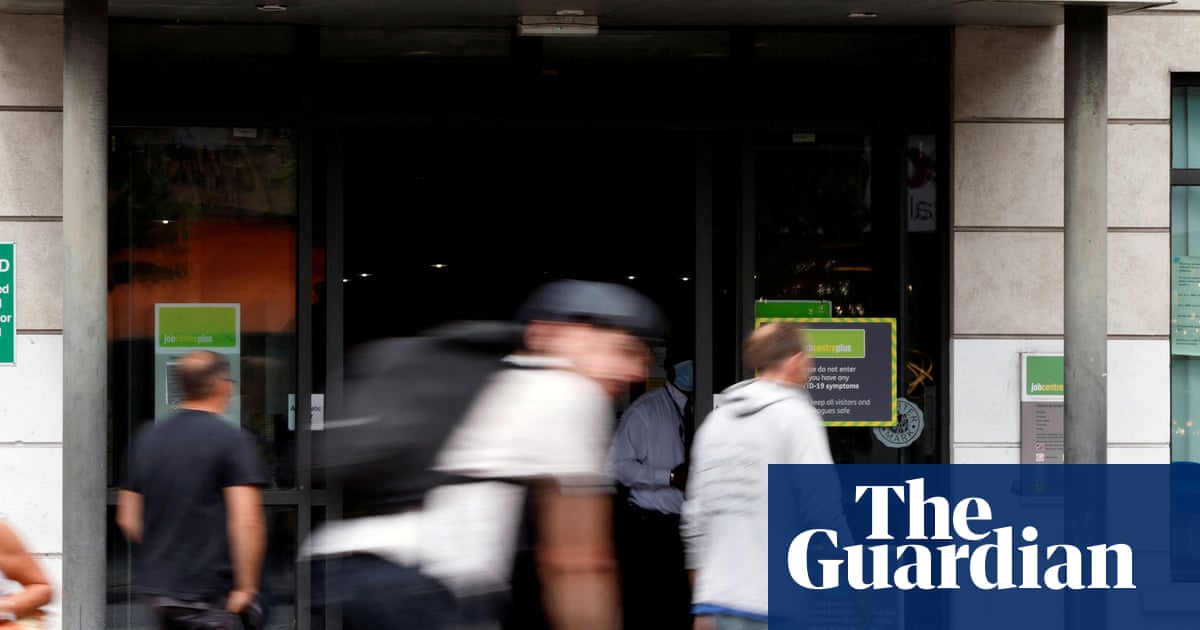Unemployment climbed and wage growth fell in the three months to May, according to official figures that will put pressure on the Bank of England to cut interest rates next moth.
Data from the Office for National Statistics, released on Thursday, showed that Britain’s official unemployment rate rose to 4.7% in the three months to May, up 0.1% from April.
Pay growth slipped from 5.3% to 5%, as forecast by City analysts. Unemployment had been expected to remain at 4.6% .
Vacancies in the UK fell in June to 727,000, marking the 36th consecutive month of decline in the number of jobs advertised by employers.
Against a backdrop of negative economic growth coupled with rising inflation, the figures are expected to give the Bank of England a headache before its next decision on interest rates on 7 August.
While inflation rose last month to 3.6%, above the central bank’s 2% target, Threadneedle Street officials are expected to be more concerned about figures showing that the economy contracted by 0.1% in May, adding to a 0.3% decline in April.
The figures also present a problem for the chancellor, Rachel Reeves, who is under pressure over Labour’s economic management and is widely expected to raise taxes in her autumn budget.
The weaker outlook for the UK economy, rising joblessness and the likelihood of cheaper imports, especially from China, could cut inflation sharply.
Analysts are predicting two interest rate cuts this year with the first to take place at the Bank’s August meeting.
after newsletter promotion
The Bank predicted earlier this year that the unemployment rate would rise to 4.6% in the three months to May and that more up-to-date HMRC payroll figures for June would register a 70,000 fall from May.
A snapshot of the jobs market in June by the Recruitment and Employment Confederation and the accountancy firm KPMG showed the number of new candidates looking for work rose at the sharpest rate since November 2020, when the UK entered the second nationwide lockdown during the Covid pandemic.
The report also found that, amid a wave of redundancies, permanent placements had dropped at the fastest pace in 22 months.
